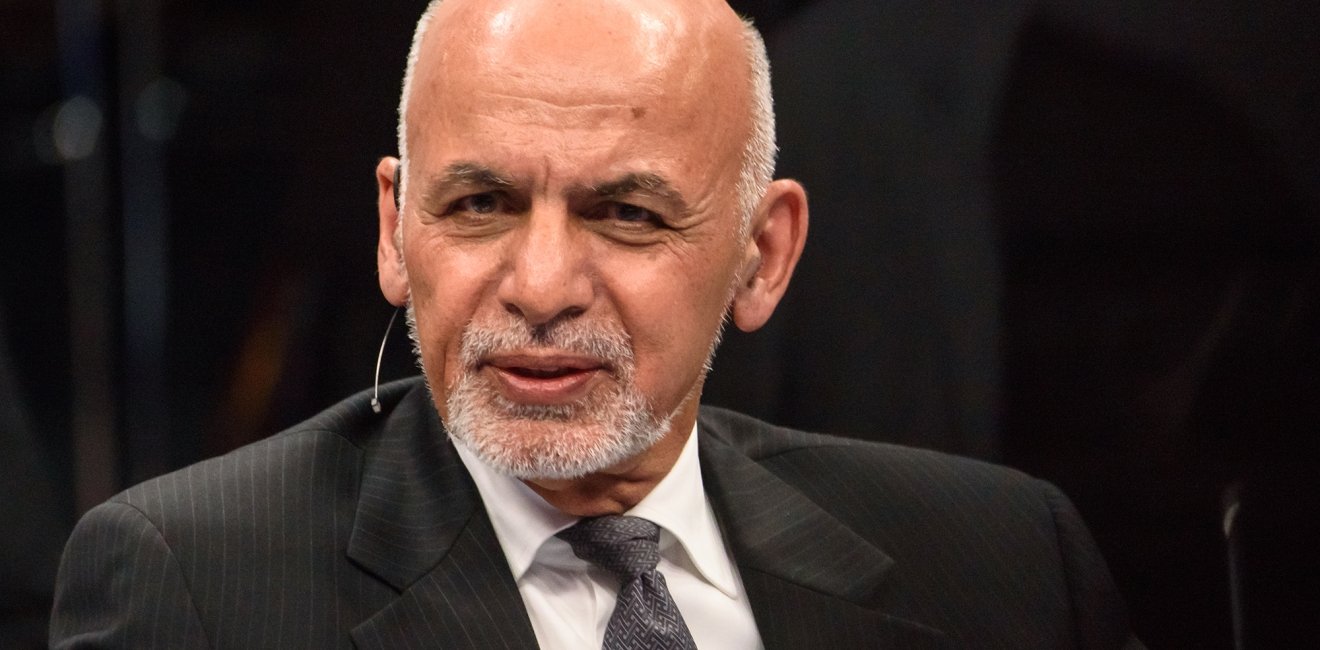Afghanistan’s President Ashraf Ghani arrives in Washington this week amid increasing reports of Taliban gains on the ground in Afghanistan and of sagging morale among Afghan security forces and citizens who are not aligned with the Taliban.
It is crucial that Ghani’s visit produces concrete and convincing evidence of continuing U.S. support for the Afghan government and security forces. Such signals are urgently needed to counter the building fear and momentum in favor of the Taliban. Ghani and fellow anti-Taliban Afghans also have yet to unite in a coherent front to counter the Taliban’s moves. Managing this situation is a serious test for U.S. diplomacy.
President Biden’s April 14 announcement of U.S. troop withdrawal promised continued U.S. diplomacy in support of finding peace as well as ongoing assistance for Afghanistan’s government and national defense and security forces.
To date, however, the media attention and reports have been focused on the rapid pace of the U.S. withdrawal, the uncertainty over how continued U.S. and NATO member assistance will be delivered to Kabul, and the thus far successful Taliban strategy of expanding control over isolated rural districts, moving closer to Afghanistan’s cities, and acting to intimidate and divide its Afghan opponents.
There is little evidence of successful U.S. diplomacy to entice the Taliban to engage in serious peace negotiations or to mobilize regional and other international actors to help press the Taliban to negotiate.
Many international and U.S. observers are increasingly concerned that Afghanistan could quickly deteriorate into more fighting and chaos.
One very important manifestation of this concern in the United States is the desire to protect Afghans who worked for the U.S. government from Taliban retribution. Several Congressional bills have been introduced to improve the slow and complex Special Immigrant Visa (SIV) process, which is designed to help such former U.S. government employees come to the United States.
Advocacy groups are calling loudly for more urgent actions including evacuation to third countries of the tens of thousands of Afghan former U.S. employees and their family members. With the ongoing loss of Afghan districts to the Taliban, the calls for more rapid and radical means to get endangered Afghans out are gaining more support.
Latest news reports indicate the United States is preparing a plan to evacuate some endangered Afghans to a third country where they can safely be processed for a visa. It is unclear what numbers are being considered, where they would be taken, and who will be included and excluded.
Very unfortunately, Afghans not eligible for the SIV process include those Afghans who have championed women’s rights, democracy, press freedom, rule of law and related themes during the years of the U.S. presence in Afghanistan.
Very unfortunately, Afghans not eligible for the SIV process include those Afghans who have championed women’s rights, democracy, press freedom, rule of law and related themes during the years of the U.S. presence in Afghanistan. They have been targeted for assassinations in recent months and have good reason to fear should the Taliban return to power. International humanitarian organizations are also making contingency plans for dealing with expanded flows of internally displaced and refugee Afghans should the situation continue to deteriorate.
A great deal thus rests on the signals coming out of Ghani’s one day visit to Washington. The challenges and the potential costs of mismanaging the U.S. troop withdrawal remain immense for Afghanistan and for U.S. credibility.
Follow the Asia Program on Twitter @AsiaProgram. or join us on Facebook.
The views expressed are the author's alone, and do not represent the views of the U.S. Government or the Wilson Center. Copyright 2020, Asia Program. All rights reserved.







